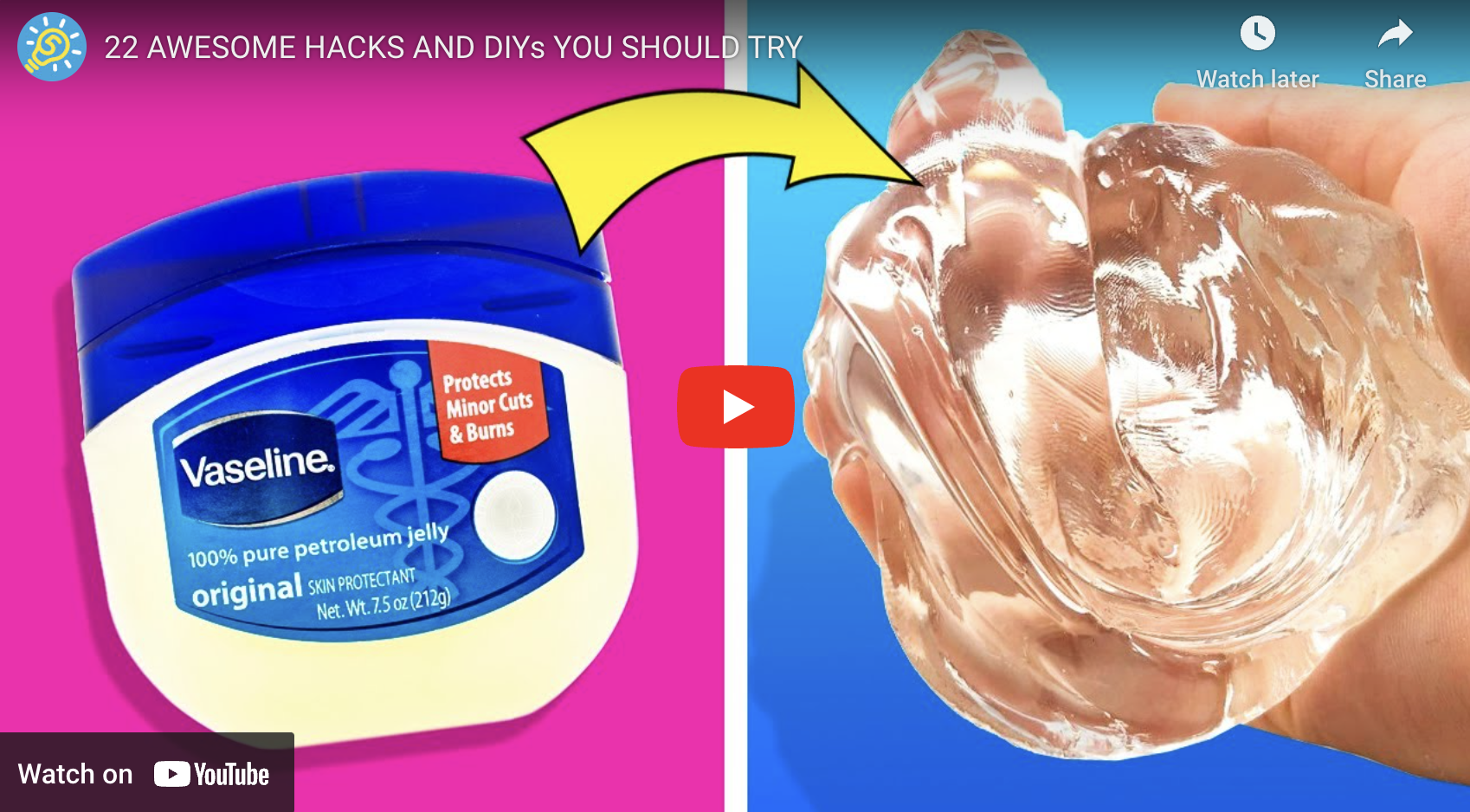The skin barrier is an essential part of our body’s defense system, protecting us from external aggressors such as pollution, bacteria, and UV rays. When the skin barrier is compromised, it can lead to a host of issues including dryness, redness, and irritation. Knowing how to tell if your skin barrier is healing is crucial in ensuring your skin remains healthy and radiant. In this article, we will explore the signs of a healing skin barrier, as well as provide tips on how to speed up the healing process.
Signs of a Healing Skin Barrier:
1. Reduced redness and inflammation: One of the first signs that your skin barrier is healing is a reduction in redness and inflammation. This is a good indication that your skin is starting to repair itself and regain its protective function.
2. Increased hydration: As the skin barrier heals, you may notice that your skin feels more hydrated and plump. This is because a healthy skin barrier is able to retain moisture more effectively, leading to a more youthful and radiant complexion.
3. Decreased sensitivity: A healing skin barrier is less sensitive to external irritants, meaning you may experience less stinging or itching when applying skincare products.
4. Smoother texture: When the skin barrier is compromised, it can lead to rough, uneven texture. As the skin barrier heals, you may notice that your skin becomes smoother and more even in tone.
5. Improved resilience: A healing skin barrier is better able to withstand environmental stressors, such as pollution and UV rays. This means your skin will be less prone to damage and premature aging.
6. Reduced breakouts: A compromised skin barrier can lead to an increase in breakouts and acne. As the skin barrier heals, you may notice a reduction in the frequency and severity of breakouts.
7. Overall improved skin health: Ultimately, a healing skin barrier will result in overall improved skin health, with a more balanced complexion and fewer skin issues.
Trends in Skin Barrier Healing:
1. Increased focus on skincare ingredients: With the rise of clean beauty and natural skincare, there is a growing trend towards using gentle, nourishing ingredients to support skin barrier healing. Professionals in the field emphasize the importance of avoiding harsh chemicals and opting for products that are free from irritants.
2. Rise of barrier repair products: In recent years, there has been a surge in the popularity of barrier repair products, such as ceramide-infused creams and balms. These products are designed to strengthen the skin barrier and promote healing, helping to restore a healthy complexion.
3. Emphasis on lifestyle factors: Professionals in the field stress the importance of lifestyle factors in skin barrier healing, such as getting enough sleep, staying hydrated, and managing stress. These factors can have a significant impact on the health of your skin barrier and overall skin health.
4. Personalized skincare routines: With the rise of personalized skincare, there is a trend towards tailoring skincare routines to individual skin concerns and needs. Professionals in the field recommend consulting with a skincare specialist to create a customized regimen that supports skin barrier healing.
5. Incorporation of holistic practices: Holistic practices such as acupuncture, facial massage, and lymphatic drainage are becoming increasingly popular for promoting skin barrier healing. These practices can help improve circulation, reduce inflammation, and support overall skin health.
6. Growing awareness of the gut-skin connection: Professionals in the field are increasingly recognizing the connection between gut health and skin health. A healthy gut microbiome can support a strong skin barrier, while an imbalance in gut bacteria can lead to skin issues. This trend highlights the importance of maintaining a healthy diet and gut flora for optimal skin health.
7. Focus on long-term skin health: Rather than seeking quick fixes, there is a trend towards prioritizing long-term skin health and prevention. Professionals in the field advocate for a holistic approach to skincare that focuses on nourishing the skin barrier and maintaining its health over time.
Common Concerns and Answers:
1. Can I use exfoliating products while my skin barrier is healing?
Professionals in the field recommend avoiding harsh exfoliants, such as physical scrubs or chemical peels, while your skin barrier is healing. Instead, opt for gentle exfoliants like lactic acid or enzymes that won’t further compromise the skin barrier.
2. How long does it take for the skin barrier to heal?
The healing time of the skin barrier can vary depending on the severity of the damage. In general, it can take anywhere from a few days to a few weeks for the skin barrier to fully repair itself.
3. Should I avoid using retinol while my skin barrier is healing?
Retinol can be harsh on a compromised skin barrier, so it’s best to avoid using it until your skin has fully healed. Instead, focus on gentle, nourishing products to support the healing process.
4. Can I speed up the healing process of my skin barrier?
While there is no quick fix for healing a compromised skin barrier, there are steps you can take to support the process. This includes using barrier repair products, staying hydrated, and avoiding harsh skincare ingredients.
5. Will my skin barrier be permanently damaged if it is compromised?
With proper care and attention, a compromised skin barrier can heal and regain its strength. However, repeated damage over time can lead to long-term issues, so it’s important to take steps to protect and support your skin barrier.
6. Can stress impact the healing of my skin barrier?
Stress can have a negative impact on skin health, including the healing of the skin barrier. Managing stress through practices like meditation, yoga, and deep breathing can help support the healing process.
7. Should I see a dermatologist if my skin barrier is not healing?
If you are experiencing persistent skin issues despite taking steps to heal your skin barrier, it may be time to consult with a dermatologist. They can provide personalized recommendations and treatments to address your specific skin concerns.
8. Can diet affect the healing of my skin barrier?
Diet plays a significant role in skin health, including the healing of the skin barrier. Eating a diet rich in antioxidants, omega-3 fatty acids, and vitamins can support the healing process and promote overall skin health.
9. Should I avoid wearing makeup while my skin barrier is healing?
Professionals in the field recommend opting for non-comedogenic, mineral-based makeup products that won’t clog pores or further irritate the skin barrier. It’s also important to properly cleanse your skin at the end of the day to remove makeup buildup.
10. Can over-exfoliating damage the skin barrier?
Over-exfoliating can strip the skin of its natural oils and compromise the skin barrier, leading to irritation and sensitivity. It’s important to exfoliate gently and not overdo it, especially while your skin barrier is healing.
11. Is it necessary to use sunscreen while my skin barrier is healing?
Sunscreen is essential for protecting the skin barrier from UV damage, which can further compromise its integrity. Choose a broad-spectrum sunscreen with an SPF of 30 or higher and apply it daily, even on cloudy days.
12. Can environmental factors affect the healing of my skin barrier?
Environmental factors such as pollution, humidity, and temperature can impact the healing of the skin barrier. It’s important to protect your skin from these aggressors by using barrier repair products and wearing protective clothing.
13. Should I avoid using fragranced products while my skin barrier is healing?
Fragranced products can contain irritants that may further damage a compromised skin barrier. Opt for fragrance-free products to minimize the risk of irritation and support the healing process.
14. Can genetics play a role in the healing of my skin barrier?
Genetics can influence the overall health and resilience of your skin barrier. While you can’t change your genetics, you can take steps to support the healing of your skin barrier through a healthy skincare routine and lifestyle habits.
In conclusion, knowing how to tell if your skin barrier is healing is essential for maintaining healthy and radiant skin. By recognizing the signs of a healing skin barrier and taking steps to support the process, you can ensure that your skin remains strong, resilient, and protected. With the guidance of skincare professionals and a personalized skincare routine, you can promote the healing of your skin barrier and achieve optimal skin health in the long run. Remember to be patient and consistent in your skincare efforts, as the healing process may take time but will ultimately lead to a healthier and more vibrant complexion.
![[Mom Prepared]](https://momwithaprep.com/wp-content/uploads/2024/12/cropped-momlogo-244x56.png)

